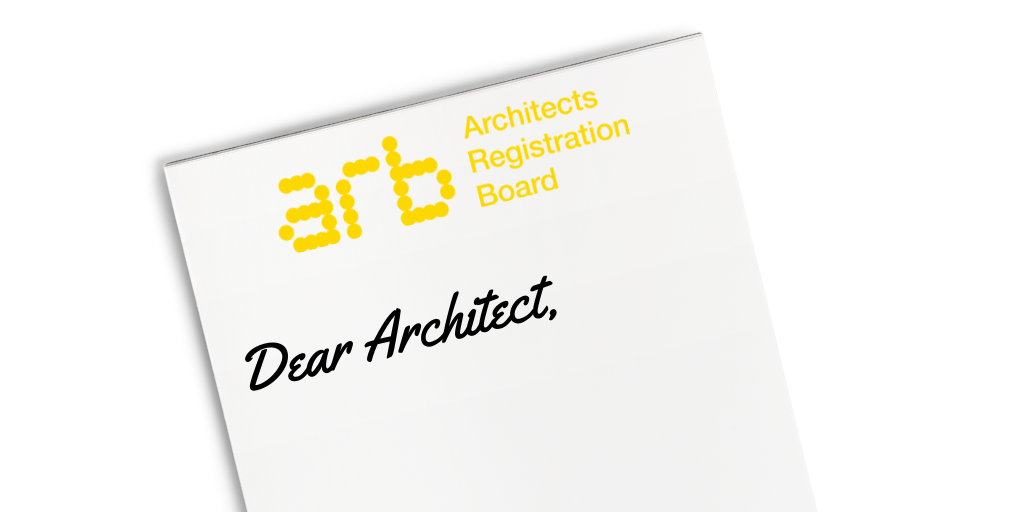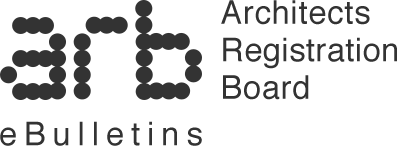
Managing conflicts
Conflicts of interest are inevitable, knowing how to manage them and having systems in place to help you do so can avoid a simple situation developing into something more serious.
Key requirements
Standard 1.3 of the Architects Code of Conduct and Practice (Architects Code) provides guidance on disclosing conflicts of interest to affected parties.
When engaged to provide architectural services it is essential you act with independence, integrity and in the best interests of your client above all others. When you are engaged to act between parties or when giving advice you must use impartial and independent professional judgement.
Therefore, if a conflict of interest arises you should disclose it in writing and ensure it is managed to the satisfaction of all affected parties.
What is a conflict of interest?
A conflict of interest could arise if your ability to exercise judgement is seen to be impaired or otherwise influenced by your role in another relationship. You might have a professional duty to a number of parties, have personal interests that are affected by the delivery of your professional obligations or may receive a personal or professional benefit as a result of a relationship. Conflicts are not only financial in nature and your potential conflicts are as relevant as those that materialise.
It’s important to be mindful of how others may perceive a situation and that some may see a conflict where you might not. For example, a long-standing relationship with a contractor, receiving gifts or hospitality from a business, handling confidential information, or having a close association with an individual who has an interest in a supplier (e.g. a spouse/partner or close relative) can all be seen as conflicts.
Declaring a conflict of interest plays a vital role in ensuring that you are acting with honesty and integrity as a professional person, and can help avoid an issue arising later down the line.
Why is managing conflicts important?
Whether the conflicts are actual, perceived or potential, managing them effectively helps to build trust with your clients and strengthens your professional relationships. It minimises the risk of issues arising as a result of a conflict and assists you in maintaining your own reputation as well as the reputation of your profession.
What can you do to manage conflicts?
Some activities, such as design and build, have inevitable and inescapable conflicts. It’s not possible to provide independent consulting and contracting services. There is nothing inherently problematic with this arrangement, however it makes the proper management of conflicts all the more important.
Our best advice is to be honest and transparent about any conflict you may have. Most lay clients will not be aware of the potential ramifications of the conflict, so it is your responsibility to outline the advantages and disadvantages of proceeding with any course of action.
A good way to proceed is to make a written open declaration to all parties and ensure you receive informed consent * in writing before continuing to act. Make the declaration at the time of engagement if conflicts are known, and during the course of the engagement if they arise unexpectedly. If you do not receive consent in writing, you should cease acting for one or more of the parties.
Formalising your processes for managing conflicts can give you peace of mind that they will be addressed appropriately and managed effectively. Keeping a regularly reviewed and readily available register of interests for yourself and any employees is another great way to manage conflicts.
If the declaration of a conflict has any contractual implications, it’s a good idea to ensure a written variation is agreed with the party concerned. If a dispute arises, we recommend approaching it courteously and professionally, and considering whether alternative methods of dispute resolution may help settle any issues.
We hope this information is useful. If you’d like further advice you can visit our website or contact us by email or by phone and we’ll be happy to help (professionalstandards@arb.org.uk / 020 7580 5861).
* Informed consent: Permission granted as a voluntary choice, having been supplied with full knowledge of the possible consequences.

